Charles Pakana (VAN):
As an increasing number of organizations and individuals seek to support First Nations businesses across Australia, an unfortunate result is that opportunists have sought to capitalize on this trend by introducing what has come to be known as black cladding. To shed light on this, today I’m speaking with indigenous lawyer and Director of South Australian-based AMK Law, a Kokatha and Narungga man, Matthew Karakoulakis. It’s worth noting also that Matthew was recently named the most influential leading lawyer in Australia for 2023 at the Australasian Law Awards. Matthew, thanks for coming onto the program today.
Matthew Karakoulakis:
Thanks for having me on your daily podcast, Charles.
Charles:
Matthew, just what does black cladding mean?
Matthew:
Well, perhaps we can look at black cladding as being you’ve got a non-First Nations business. It’s dressed itself up to take illegitimate advantage of opportunities that are really meant for First Nations business.
Charles:
So how does it dress itself up?
Matthew:
So what it can do is you have the non-First Nations business, might have an Aboriginal or First Nations sounding name, might have a fancy piece of artwork as a logo to go with it that looks like it’s an Aboriginal piece of artwork and it might even have First Nations face or faces representing publicly as being the leadership of that business. But behind the scenes, behind the closed doors, the way the business is actually done is through the non-First Nations peoples calling all the shots, making the business decisions, and also depriving the First Nations business leaders workforce and community from the benefits that are meant to be achieved from legitimate First Nations business enterprise.
Charles:
And we’ll get to some of those benefits that those people and legitimate businesses are missing out on in just a short while. But in order to be recognized as an Aboriginal business or as a black business, what’s typically the requirement of an organization?
Matthew:
Typically, people are going to look at the Supply Nation requirements for an Aboriginal business, and typically that involves having at least 50% ownership of the business by an Aboriginal person. And typically if that can be done and the Supply Nation requirements are satisfied, then the business can be certified as being a First Nations business and typically the marketplace sees that as enough, whereas often that certification alone isn’t enough. Often there needs to be more that goes into looking to see really what the business is all about.
Charles:
So Matthew, we mentioned before that we talk about some of the benefits that Aboriginal businesses are missing out on as a result of black cladding. Just before we get there, what impact is black cladding having on the broader Aboriginal business environment?
Matthew:
Well, black cladding is having a very negative impact because if you remember that black cladding happens when a non-First Nations business takes the unfair advantage of that business opportunity through that business entity that’s meant to be based on the First Nations business model, the negative impact really does flow from there. We need to understand as well, what is the purpose, what’s the reason for a First Nations business? Because if you look at the purpose, and I’m a strong believer of First Nations business being potentially an amazing vehicle to create change for First Nations communities and First Nations peoples all across these lands.
Charles:
Yeah.
Matthew:
Black cladding flies in the very face of the positive outcomes that should be achieved and instead exacerbates the existing problems and makes the current gap that exists even worse.
Charles:
You’ve spoken quite a bit about black cladding of businesses. You’ve spoken to the media, you’ve spoken at events. There are lots of Aboriginal lawyers out there who recognize that this is happening, but don’t take it on with such a passion as you. What is it within you and your practice that’s made you really champion this particular cause?
Matthew:
I think first and foremost, whenever we’ve got a reason that drives us, makes us get up in the morning, the reason why we do what we do and we become aligned with this, it can give us great fuel in the belly and it motivates us to work hard for whatever cause that is. And I believe in Australia where we have better outcomes for First Nations peoples, and I truly believe in business being an amazing vehicle for making this happen, but I also see the problems on an almost daily basis from the legal matters that I work on that shows, demonstrates, and clearly defines the devastation that’s caused by black cladding. And I believe that if we look at the gap that exists across a whole heap of key metric areas, justice, health, if you’re told that your life expectancy immediately becomes shorter just because of being born a First Nations person, the demographics and the data shows the fact of being born as a First Nations person, that in itself means that you’re going to have a shorter life expectancy.
The chance of our kids going to jail being much greater than non-First Nations peoples. There’s a whole heap of metrics that hopefully many of us know that relate to the gap that exists. And I’m a strong believer that Aboriginal business done right can be a strong cure against the problems that are caused by the gap, but we need a society where people properly respect Aboriginal business being done in all the right ways to be able to make a difference for the future.
Charles:
You mentioned Supply Nation before and the fact that that should be the first port of call for an organization seeking to establish the bonafide nature of a so-called black business. Talk us a bit through that. What’s required and some of the traps because you alluded to that as well.
Matthew:
So if we look at the role and functioning of Supply Nation and also there’s some state-based chambers as well. Most states have got, for example, in New South Wales, there’s a New South Wales Indigenous Chamber of Commerce, in Victoria, there’s the Kinaway Aboriginal Chamber of Commerce. Northern Territory have the Northern Territory Indigenous Business Network.
Charles:
Right.
Matthew:
Most states, if not all have got a state-based chamber or an organization that goes through and certifies whether or not an Aboriginal business exists. And when there is an Aboriginal business, then that business can be certified as such. Supply Nation is almost like the head because Supply Nation has the Commonwealth role certifying First Nations business when they exist. And the verification process itself involves rigorous checks to make sure that they’ve got the compliance with the ownership and management criteria in place. And Supply Nation do things like they conduct annual audits, they check ownership documents, they verify Aboriginality based on documents, and they assess the business’s management and control by reviewing those governance documents and the structures and making sure from their perspective that a true legitimate Aboriginal business exists.
Charles:
Right.
Matthew:
I know that Kinaway Chamber of Commerce in Victoria for example, has got a certification where they rigorously go through a due diligence process at the very beginning of it all to see whether or not an Aboriginal business is operating and whether that business meets the criteria and the standards that have been set as a crucial way of maintaining the integrity of the authentic Aboriginal business framework in Victoria. One of the problems that happens though is that sometimes you’ll get organization that get certified with Supply Nation and are later found out to be a black cladded business. And sometimes people will give, particularly in Aboriginal community, can give Supply Nation a pretty tough rap for allowing certain businesses to get through the certification process. Like in many areas of public domain, particularly when you look at First Nations rights based issues, we’re all entitled to an opinion.
Charles:
Sure.
Matthew:
I think that we should have that opinion well-founded. And to be honest, I think that as long as we respectfully view and communicate based on how things are happening, then that opinion can lead to better outcomes overall.
Charles:
What are some of the telltale signs, without going to Supply Nation and Kinaway here in Victoria, what are some of the other telltale signs that people might be on the lookout for that a business they’re seeking to do business with may be black clad?
Matthew:
Yeah, so some of these include token indigenous representation. So for example, if you’ve got a business that’s presenting itself as being a First Nations business and may have one or two figureheads so to speak, that are the public identity of the business, that First Nations leader or leaders don’t actually have a true behind the same leadership role. They don’t understand really what’s happening in the business, the functioning of the business. They don’t have access to the financial side of the business. If those kinds of things are happening, then that can be a real red flag.
Charles:
But how can businesses or organizations really determine that given that they’re on the outside looking in?
Matthew:
Exactly, and I think that if you’re asking about, for example, the role of Supply Nation or the state-based chambers, that’s definitely one of the challenges that they face. Personally, I feel like that there could be better government support for organizations like Supply Nation to allow their functioning to occur because to truly gauge a business, sometimes it can require a higher level of investigatory powers.
Charles:
You see many black clad organizations slip through the net and actually be registered with Supply Nation and other First Nations chambers of commerce, not reflecting negatively on Supply Nation or those chambers of commerce, but simply any system that’s established, well, it can always work around it.
Matthew:
If you speak of Supply Nation or any of the state-based chambers, I think that most of them would’ve had at least one instance where a business has slipped through the cracks. I think that if that happens, then it’s about taking proper accountabilities, taking proper measures and addressing the issues as soon as possible to minimize the amount of harm that’s being caused.
Charles:
Do you think there’s an onus on those people seeking to do business with black businesses, that if they suspect something that they should report it? In other words, call it out if you’re suspicious.
Matthew:
If you look at organizations doing business with First Nations businesses, one of the things that I speak about in the Masterclass programs that I’ve created and that we’re delivering for procurement teams, government organizations as well, it’s also looking at the opportunity that procurement team members have in fulfilling their role. Because if you look at the role of procurement team members, they really do have the opportunity of making a difference across the range of diversity that exists within community, particularly as we speak now, First Nations business issues and if they exercise their function properly, they can get some amazing job fulfillment the role when they’re achieving their work outcomes. And part of that involves making sure that they have the proper steps in place to properly identify whether or not a true First Nations business exists and making sure that there’s the right engagement structures that take place for those First Nations business outcomes.
Charles:
Do you think there’s any restriction on the size of business that can be black clad? Because typically we might think about, if we get stereotypical, an art supply business that may be bringing art in that’s not developed or designed by Aboriginal people, but they’ve got that black cladding there, or can it go all the way up to big organizations such as construction, traffic management, that sort of thing?
Matthew:
You’re right, brother. This problem of black cladding can be at the smaller end of town and can also be at the massive end of town. I was working on a matter recently that involved a entity that was in this industry.
Charles:
Yeah.
Matthew:
And had succeeded in many significant contracts and was doing very well when black cladding issues came up. And so it can definitely be big business, can be small business, everywhere in between. I don’t think there’s any size of the business that has been automatically safeguarded as a result of black cladding purely because of the size of the business or the industry in which it operates in.
Charles:
Matthew, when it comes to those Aboriginal or Torres Strait Islander people that are brought in to be that black clad face of a business, how many do you believe are being exploited without their knowledge? And let’s be frank, there have got to be some who are in there simply to earn a quick buck and be quite willing to participate in the black cladding, but what’s the prevalence of pure exploitation from your experience?
Matthew:
Yeah, it’d be really interesting if there was some numbers on this that I actually have never seen, but I can say this, I’ve seen instances of say First Nations peoples who have been from remote community who haven’t even really understood what documents they were signing or what they were being involved in, but signing up into that position of a director and owner of the company as well on the shareholding,-
Charles:
Yeah.
Matthew:
Without understanding that by signing certain documents and certain forms, they’re actually then taking on the responsibility as a company director or that they were actually even a shareholder of a business.
Charles:
And what impact can that have on that particular person within their community and the broader community?
Matthew:
I think they can have a significant impact in terms of deprivation of rights. I mean, if you don’t understand that you have been placed in the position of a director and that you are a shareholder in a company, then the rights and also the freedoms and responsibilities that come through that director and shareholder status and positioning can’t then flow through if the person doesn’t understand really what they’re signing up to or what they’re involved in.
Charles:
What about from a legal perspective? To the best of your knowledge, is there any legislation in place to address this particular matter because it’s obviously a growing matter?
Matthew:
Absolutely. And I think this is a really good flow on question as well from where we’re touching on the role of Supply Nation in the state-based chambers, for example, because I honestly believe that places like Supply Nation and state-based chambers in the whole are doing the best they possibly can.
Charles:
For sure.
Matthew:
But legislation and the powers brought by legislation is what’s really important here as well. And the ACCC and ASIC both do have powers to steer business away from black cladding. So for example, ASIC regulates the ASIC Act and the Corporations Act, and under the Corporations Act, there’s a whole heap of provisions that regulate corporate conduct, disclosure provisions, director’s duties, responsibilities around what shareholders are entitled to, what needs to happen in terms of the company disclosures. And there’s significant provisions in the ASIC Act as well that set out the role of ASIC, the powers of ASIC and what ASIC can actually do to safeguard First Nations business peoples in our communities and all Australians really, because I think that black cladding absolutely affects First Nations business people in our communities, but also harms non-First Nations people as well out there in community.
Charles:
In what way?
Matthew:
One way that comes to mind is if you think about a person who’s got the right set of values and wants to be able to do business in all the right ways,-
Charles:
Yeah.
Matthew:
And they want to legitimately be working with First Nations businesses, and this is something we see a lot delivering BaM Masterclass with procurement teams is there are some amazing people out there working in procurement, and one of the problems they come across is wanting to really engage authentic First Nations businesses, but how to actually do it. How can they be safeguarded from their decisions and the work that they’re doing to ensure that the benefits, that they’re set out to achieve actually reach First Nations community?
Charles:
Right.
Matthew:
And when the right frameworks can be set up, the right ways of how to implement the structures and how to implement the due diligence systems and how to actually identify the legitimate First Nations businesses all set out in the right ways then non-First Nations peoples in procurement can also benefit. Or if you’re a consumer in a marketplace and you want to be able to buy an authentic First Nations product or service, to be able to have some level of guarantee that it really is a First Nations product or service, I think that is a real benefit for non-First Nations peoples out there in the marketplace. And so I think that black cladding itself is not just a know black filler problem, it’s really something that needs to be tackled for all Australians.
Charles:
You mentioned ACCC and ASIC both have legislation behind them to help policing in this. From a legal perspective, do you believe that more is required from a federal and state legislative basis?
Matthew:
Yeah, I think that we do have to have more action, more activity that is taken by our regulators. There was a recent case within the last 12 months where ASIC did take matters through the court, the full court of the federal court.
Charles:
Yeah.
Matthew:
And this is in the case involving ACBF funeral plans, PTY, LTD, and Youpla Group. And part of that decision involved confirming that there had been misrepresentation insofar as ACBF had misrepresented itself as being Aboriginal-owned or managed to First Nations communities, including in remote community. And the decision itself, I think emphasizes the role, the function, and the powers that organizations like ASIC and the ACCC do have to be able to take investigative and enforcement action in this area of black clad.
Charles:
Matthew, just before we close up, you’ve mentioned a couple of times something about a masterclass. Before we let you go, brother, you better give that a bit of a plug. We don’t normally do that, but in this particular case, because it’s such an important issue, we’ll let you go with it.
Matthew:
I appreciate that, brother. Yeah. If you’re part of a government or a corporate procurement team and you want to be part of this change in seeing First Nations business being done in all the right ways, then reach out. We’d love to see part of the Battle Against Black Cladding Masterclass known as BaM and embrace the way forward for First Nations business being done right.
Charles:
And we will provide a link to the masterclass on our website to accompany the transcript of this interview. Matthew, thanks indeed so much for sharing your information on this important issue.
Matthew:
Thank you very much, Charles.


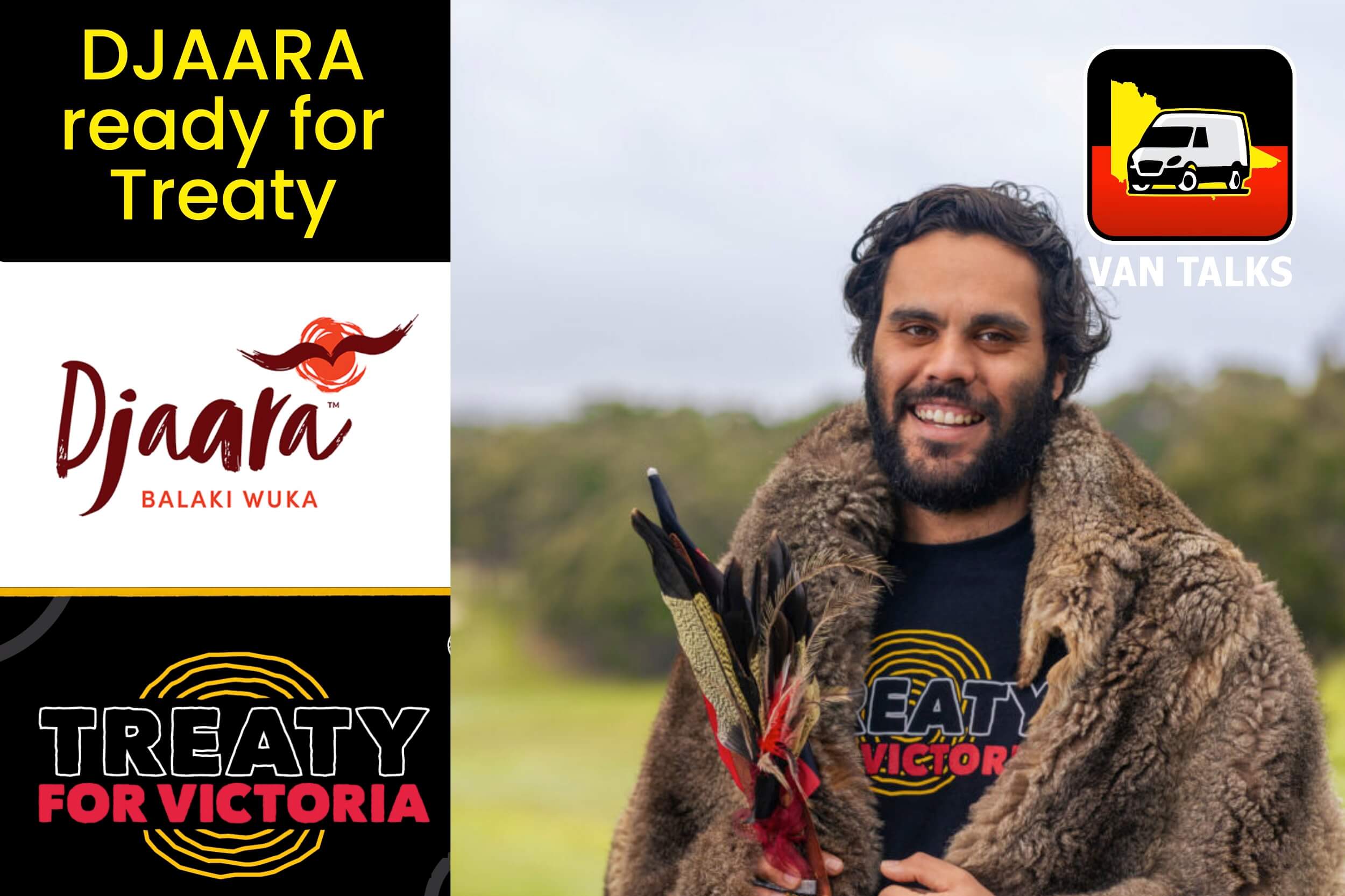
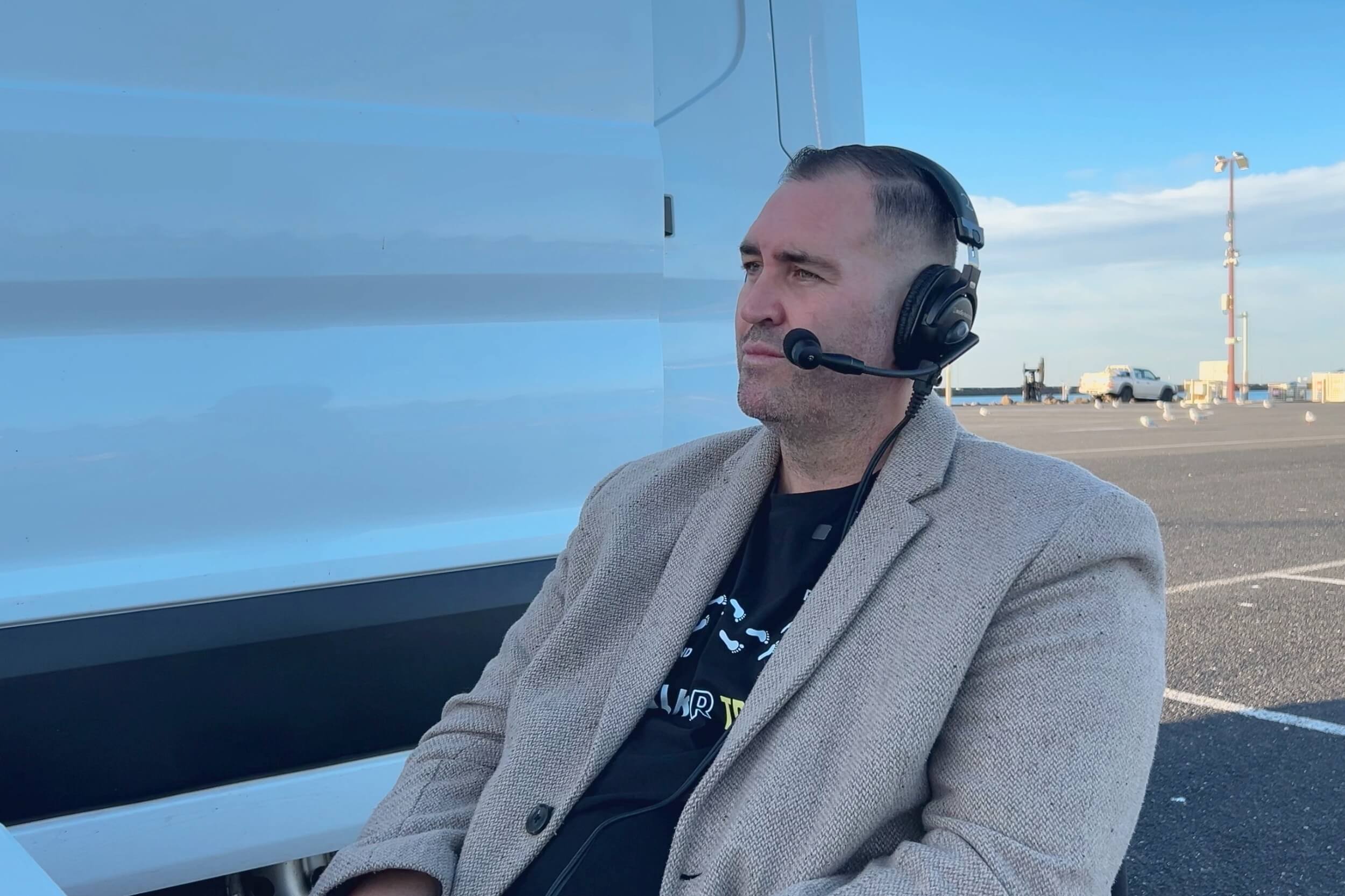
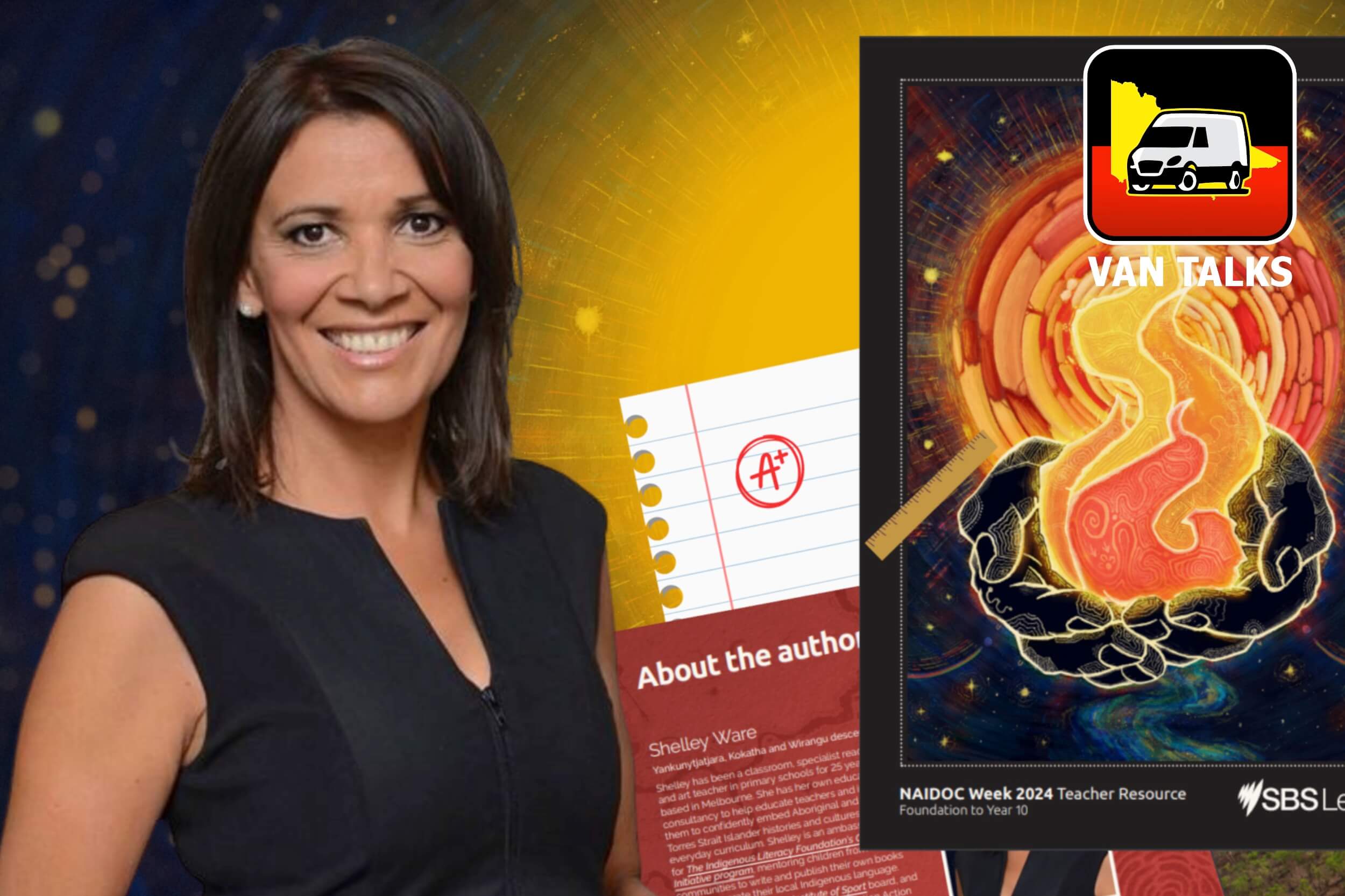
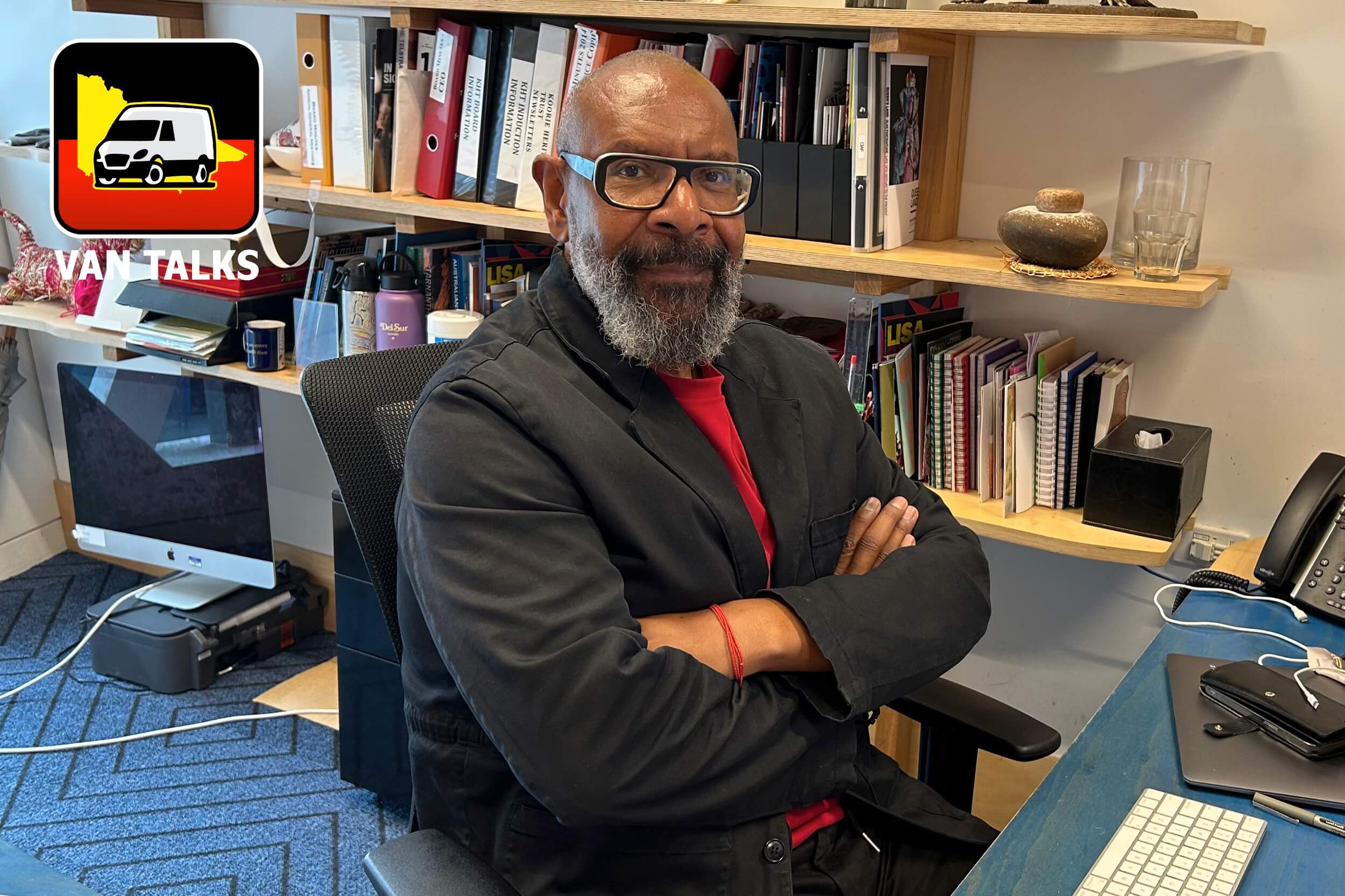
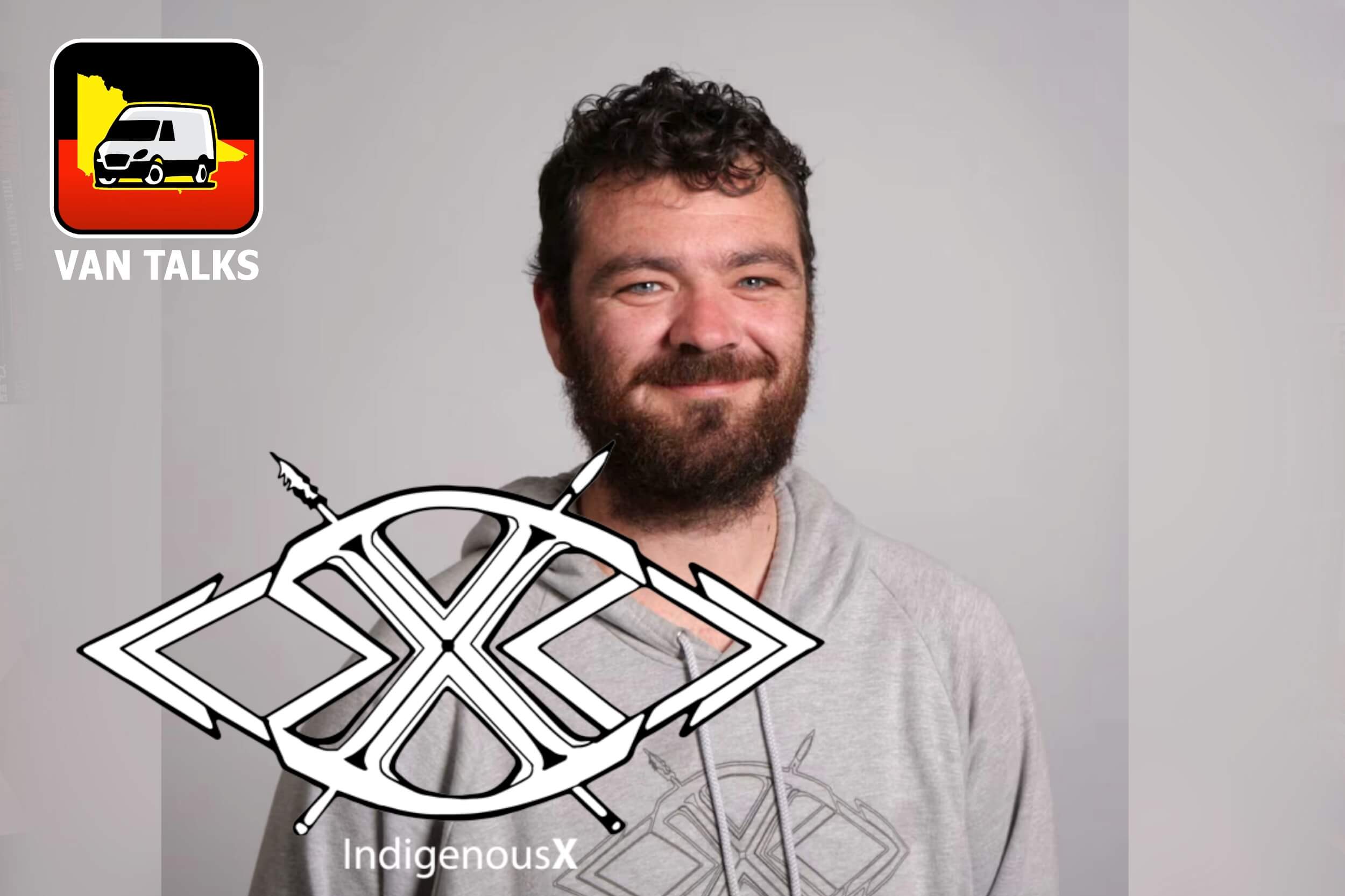

Thanks Uncle Charles and Matthew – so in Victoria we should check Supply Nation and Kinaway to establish the credentials of a business.